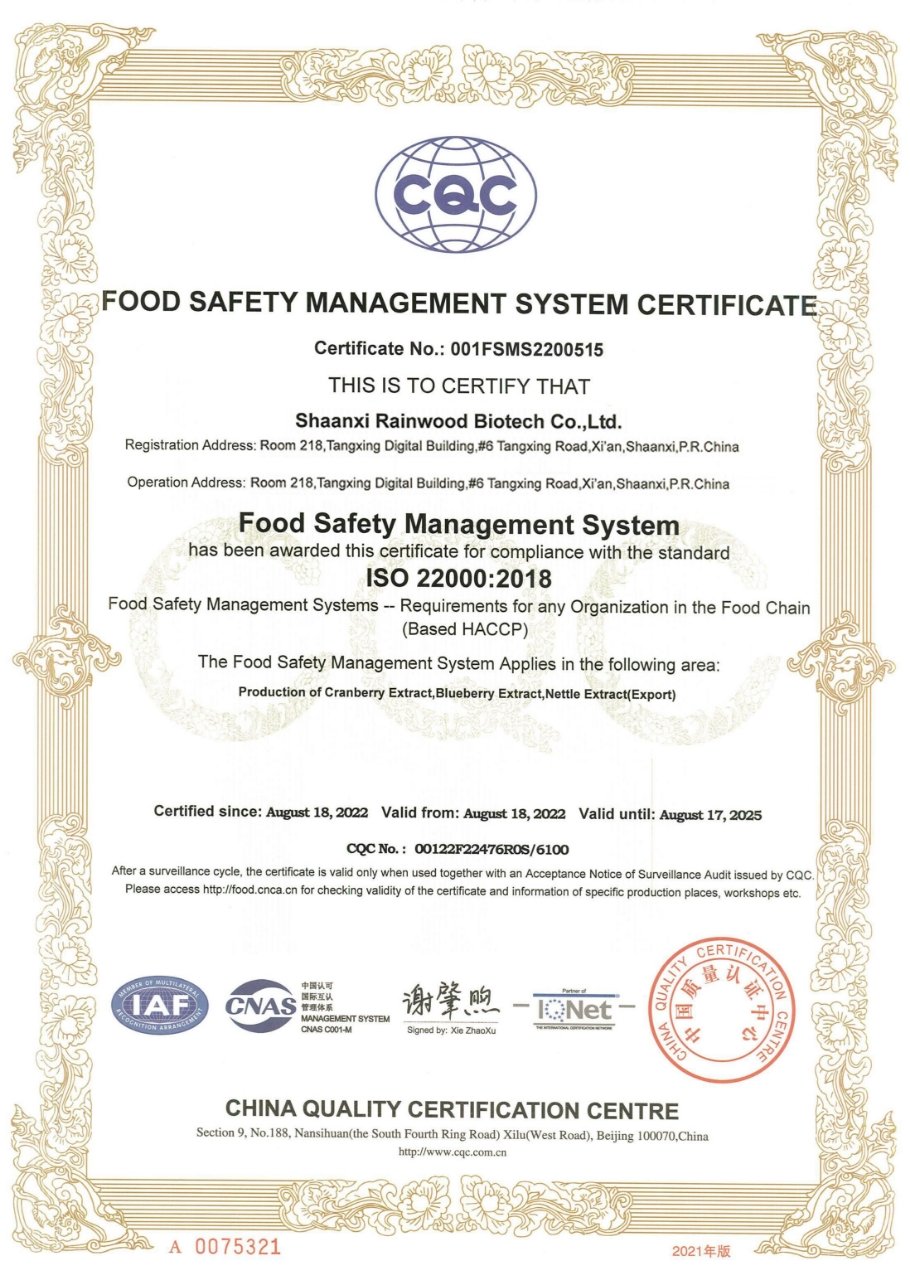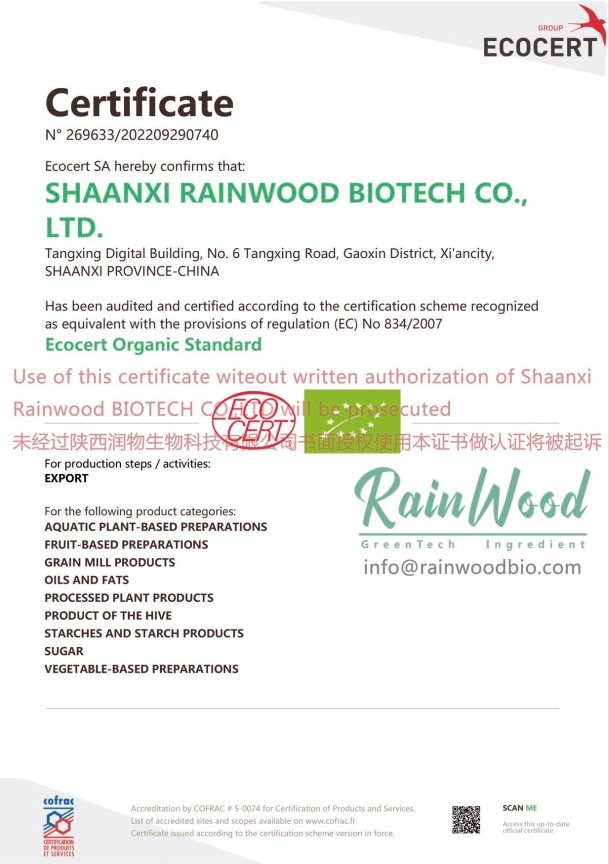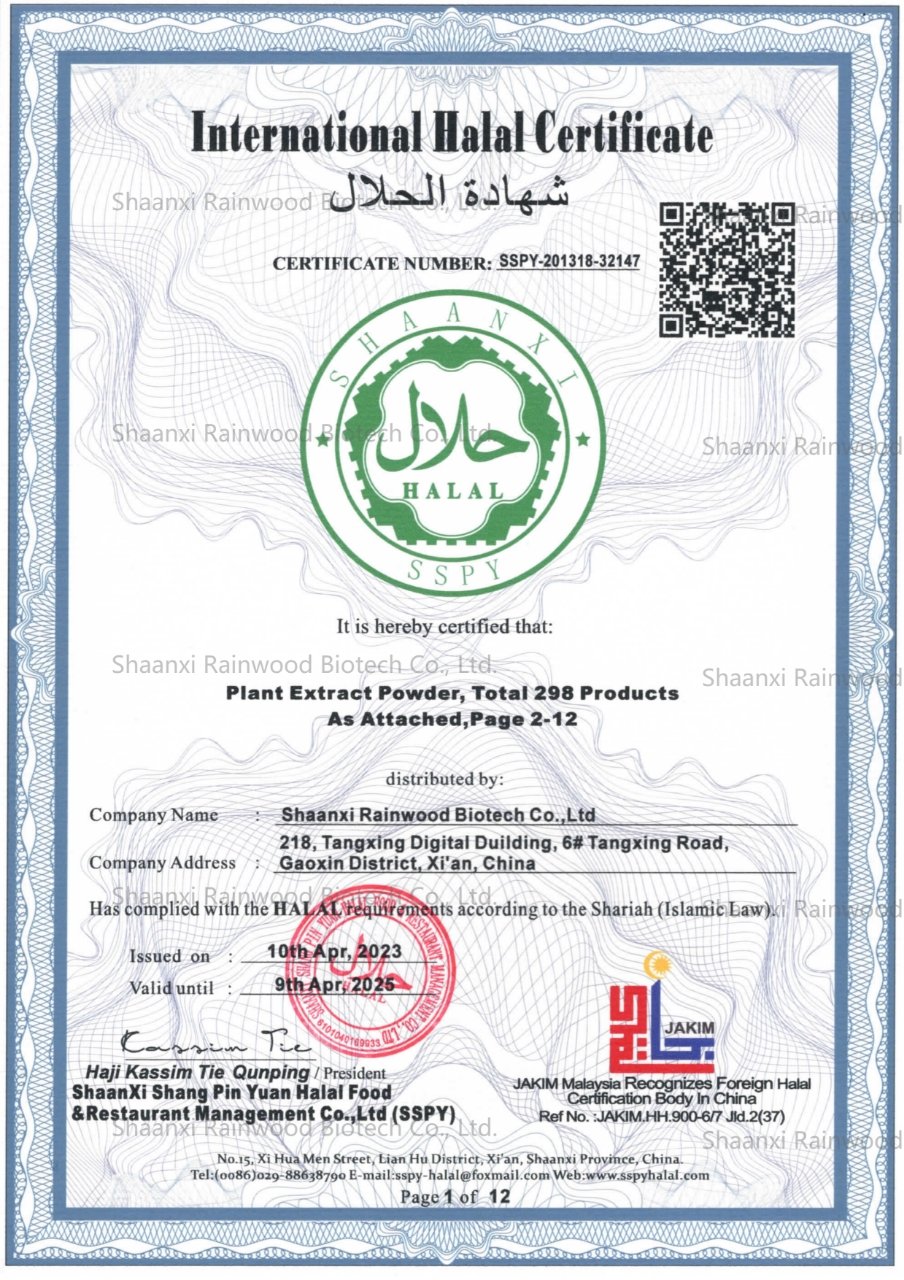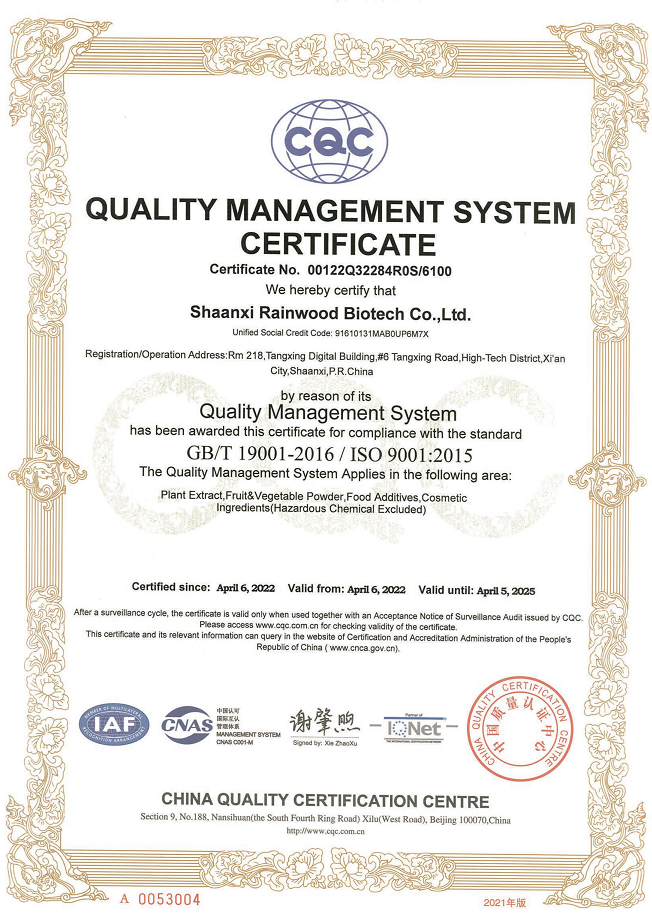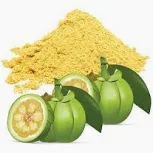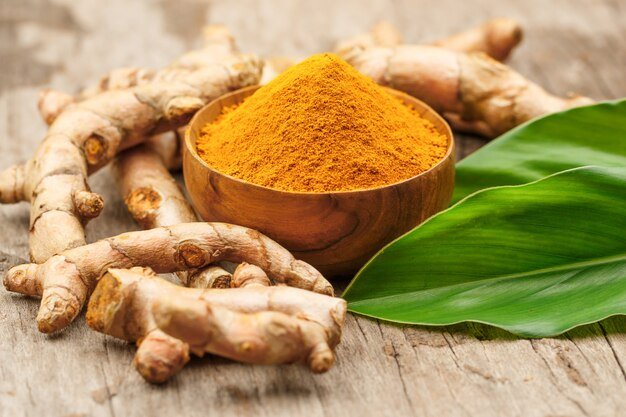In recent times, the focus on fortifying our immune systems has led to a surge in the popularity of immune-boosting supplements. Notably, quercetin and dihydroquercetin have emerged as sought-after choices due to their perceived immune-supporting properties. However, these supplements, despite their shared spotlight, differ significantly, prompting the need for clarity.

Quercetin: A Potent Flavonoid and Antioxidant
Found abundantly in fruits and vegetables like apples, onions, berries, and grapes, quercetin stands as a well-studied flavonoid celebrated for its robust antioxidant and anti-inflammatory attributes. Its role in shielding cells from oxidative stress and inflammation, known contributors to chronic diseases, has positioned it as a staple in immune-boosting considerations.
Dihydroquercetin (DHQ): Potency and Bioavailability
Dihydroquercetin, or taxifolin, takes its place as a flavonoid present in plants such as the Siberian larch tree and milk thistle. Boasting superior antioxidant prowess compared to quercetin, DHQ excels in neutralizing free radicals that pose a threat to cellular health. Beyond its antioxidant might, DHQ demonstrates diverse health benefits, including liver protection, blood pressure reduction, and immune system support.
Distinguishing Between Quercetin and Dihydroquercetin
While both quercetin and dihydroquercetin belong to the flavonoid family, they hail from distinct plant sources. Quercetin sources include citrus fruits, cherries, apples, kale, broccoli, seeds, grains, and red onions. In contrast, dihydroquercetin, or taxifolin, is commonly found in onions, milk thistle, grapes, green tea, olive oil, and specific conifer barks.
The differences extend beyond their origins. Quercetin, extensively researched, showcases antioxidant, anti-inflammatory, and anticancer properties. It is linked to a reduced risk of heart disease, diabetes, and other chronic conditions. On the other hand, dihydroquercetin shares antioxidant and anti-inflammatory effects, and its spectrum encompasses blood sugar level regulation, cholesterol reduction, and protection against certain cancers.
The dissimilarity also extends to bioavailability, a crucial factor determining absorption and utilization by the body. Quercetin exhibits relatively low bioavailability, with a substantial portion being excreted rather than absorbed. Dihydroquercetin, with higher bioavailability, ensures more efficient absorption and utilization.

Health Benefits and Considerations
While both compounds offer compelling health benefits, quercetin holds precedence in research due to its widespread presence in the diet. Yet, dihydroquercetin’s heightened antioxidant potency and bioavailability make it a formidable contender. The immune system support from dihydroquercetin, evident in increased white blood cell production, underscores its potential as a valuable supplement.
In conclusion, the quest for a robust immune system prompts exploration into supplements like quercetin and dihydroquercetin. Recognizing their distinctions empowers informed choices. While quercetin takes center stage in research, the potent antioxidant capabilities and immune system support offered by dihydroquercetin add a valuable dimension. As we navigate immune health, consulting healthcare providers becomes imperative, especially for those on medication or with existing medical conditions.
In essence, embracing the benefits of both quercetin and dihydroquercetin through a diverse plant-based diet may amplify overall health. In the realm of supplements, understanding these nuances becomes a key ally in crafting a well-informed approach to fortifying our immune defenses.








